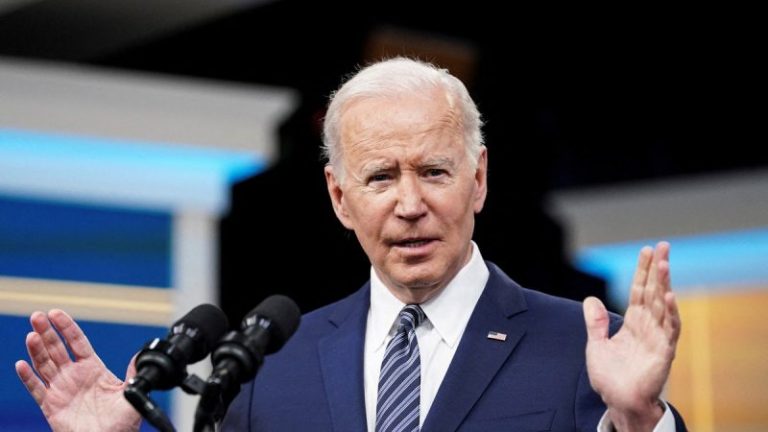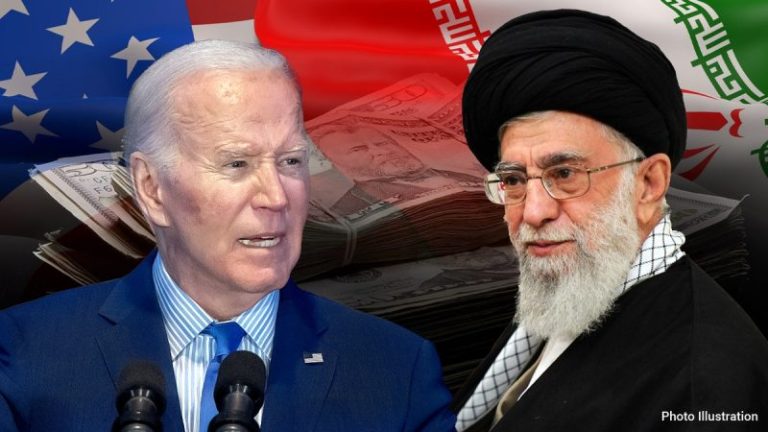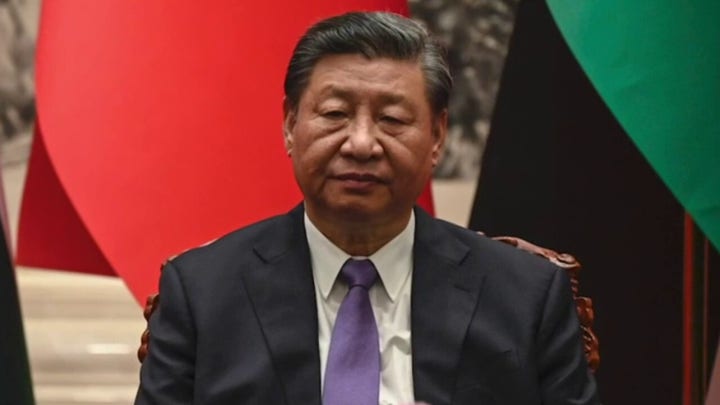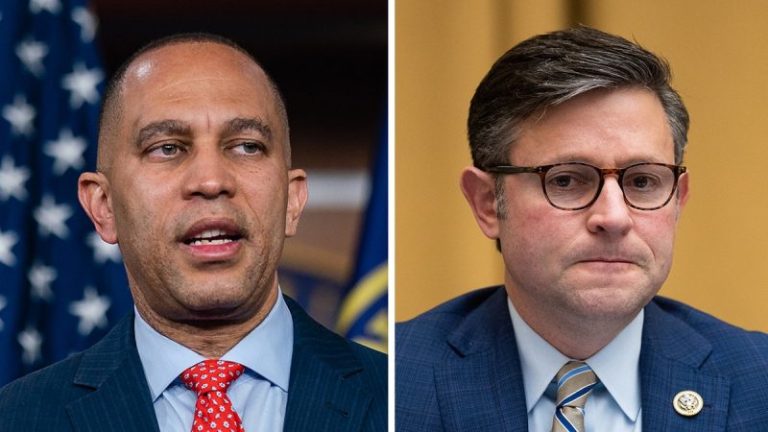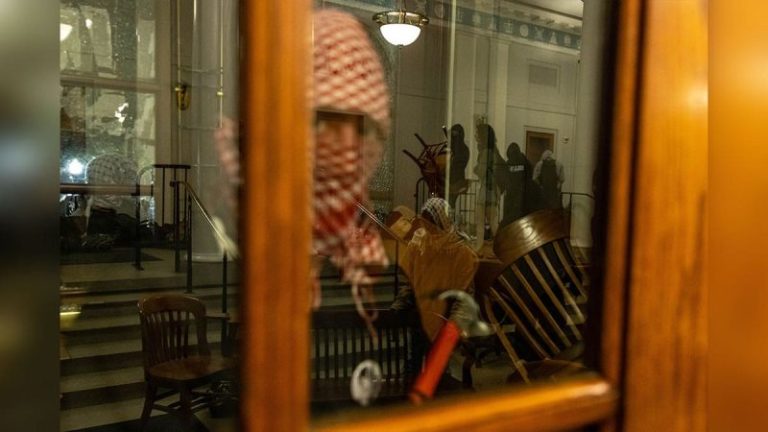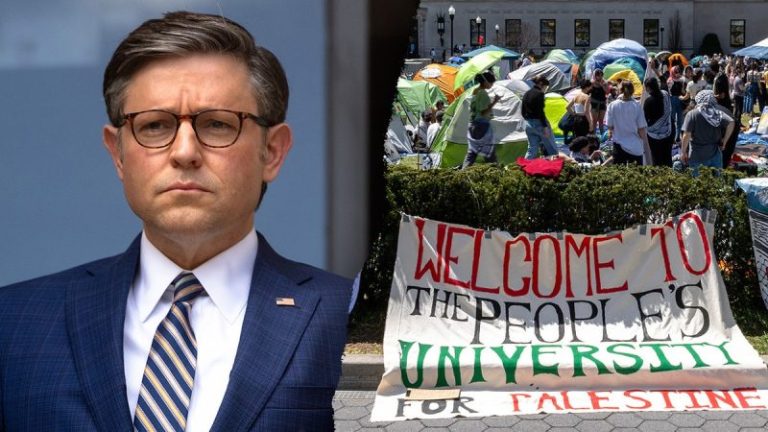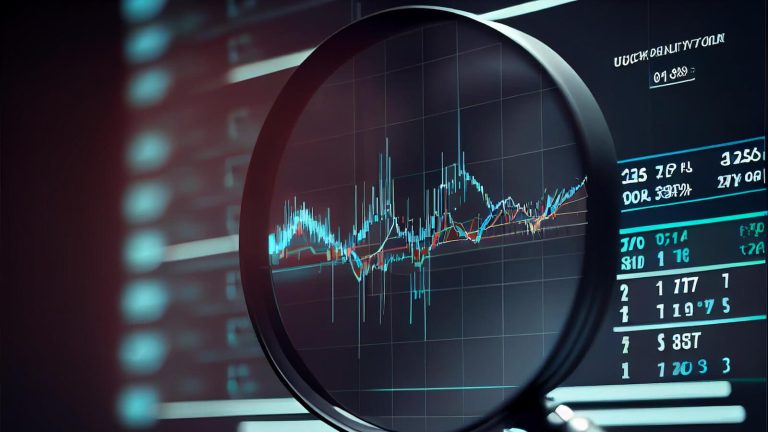The Biden administration is considering welcoming certain Palestinians to the U.S. as refugees as they seek to escape war-torn Gaza amid the ongoing war in the Middle East between Israel and Hamas.
Senior officials across several federal U.S. agencies have discussed in recent weeks the details of potential options to accept Palestinians from Gaza who have immediate family members who are American citizens or permanent U.S. residents, internal federal government documents show, according to CBS News.
One proposal involves using the U.S. Refugee Admissions Program to bring Palestinians with U.S. connections who have escaped Gaza and entered neighboring Egypt, the documents reveal.
U.S. officials have also considered welcoming additional Palestinians out of Gaza and are processing them as refugees if they have American relatives, according to the documents. This proposal would have to rely on coordination with Egypt, which has thus far been reluctant to welcome large numbers of people from Gaza.
People from Gaza who pass a series of eligibility, medical and security screenings would qualify to be flown to the U.S. with refugee status, which includes permanent residency, resettlement benefits like housing assistance and a path to American citizenship.
The number of people eligible is expected to be relatively small, but the proposed plans could provide a lifeline to some Palestinians seeking to escape the Israel-Hamas war.
This, as the Hamas-run government’s Health Ministry estimates more than34,000dead, more than 77,000 injured and hundreds of thousands of civilians displaced in Gaza.
Hamas terrorists launched a surprise attack on Israel on Oct. 7, killing more than 1,200 people, prompting military retaliation from Israeli forces. Hamas also kidnapped more than 200 people, with many of them still in captivity.
‘Since the beginning of the conflict, the United States has helped more than 1,800 American citizens and their families leave Gaza, many of whom have come to the United States,’ a White House spokesperson told Fox News Digital. ‘At President Biden’s direction, we have also helped, and will continue to help, some particularly vulnerable individuals, such as children with serious health problems and children who were receiving treatment for cancer, get out of harm’s way and receive care at nearby hospitals in the region.’
‘The United States also continues to be the largest contributor of humanitarian assistance to Gaza to address the dire conditions, and we are pressing hard to get more urgently-needed aid in to more people as soon as possible,’ the spokesperson continued. ‘We have also been clear and consistent: the United States categorically rejects any actions leading to the forced relocation of Palestinians from Gaza or the West Bank or the redrawing of the borders of Gaza. The best path forward is to achieve a sustainable cease-fire through a hostage deal that will stabilize the situation and pave the way to a two-state solution.’
The proposals also come after President Biden issued a memorandum on Deferred Enforced Departure in February for certain Palestinians who were already in the U.S.
The plan to bring certain Palestinians to the U.S. as refugees would represent a shift in longstanding U.S. government policy and practice, as the U.S. refugee program has not resettled Palestinians in large numbers since its inception in 1980.
In the past decade, the U.S. has resettled more than 400,000 refugees fleeing violence and war across the world, but less than 600 were Palestinian. In fiscal year 2023, the U.S. accepted 56 Palestinian refugees out of the more than 60,000 refugees resettled during that 12 month span, according to data from the State Department.
For applicants to qualify to enter the U.S. as a refugee, they must prove they are fleeing persecution based on certain factors, such as nationality, religion or political views.
The administration’s plans to welcome Palestinian refugees, even if only a small number, could lead to criticism from Republican lawmakers who look to make the illegal immigration crisis at the U.S.-Mexico border a central issue ahead of the November elections.
Shortly after Hamas’ attack against Israel on Oct. 7, top Republicans said the U.S. should not welcome Palestinian refugees, claiming that they are antisemitic and potential national security risks.
The Biden administration in recent years has dramatically increased refugee resettlement. Officials have established a goal of accepting up to 125,000 refugees in fiscal year 2024, which ends at the end of September.
The refugee resettlement was cut to record lows during the Trump administration.

